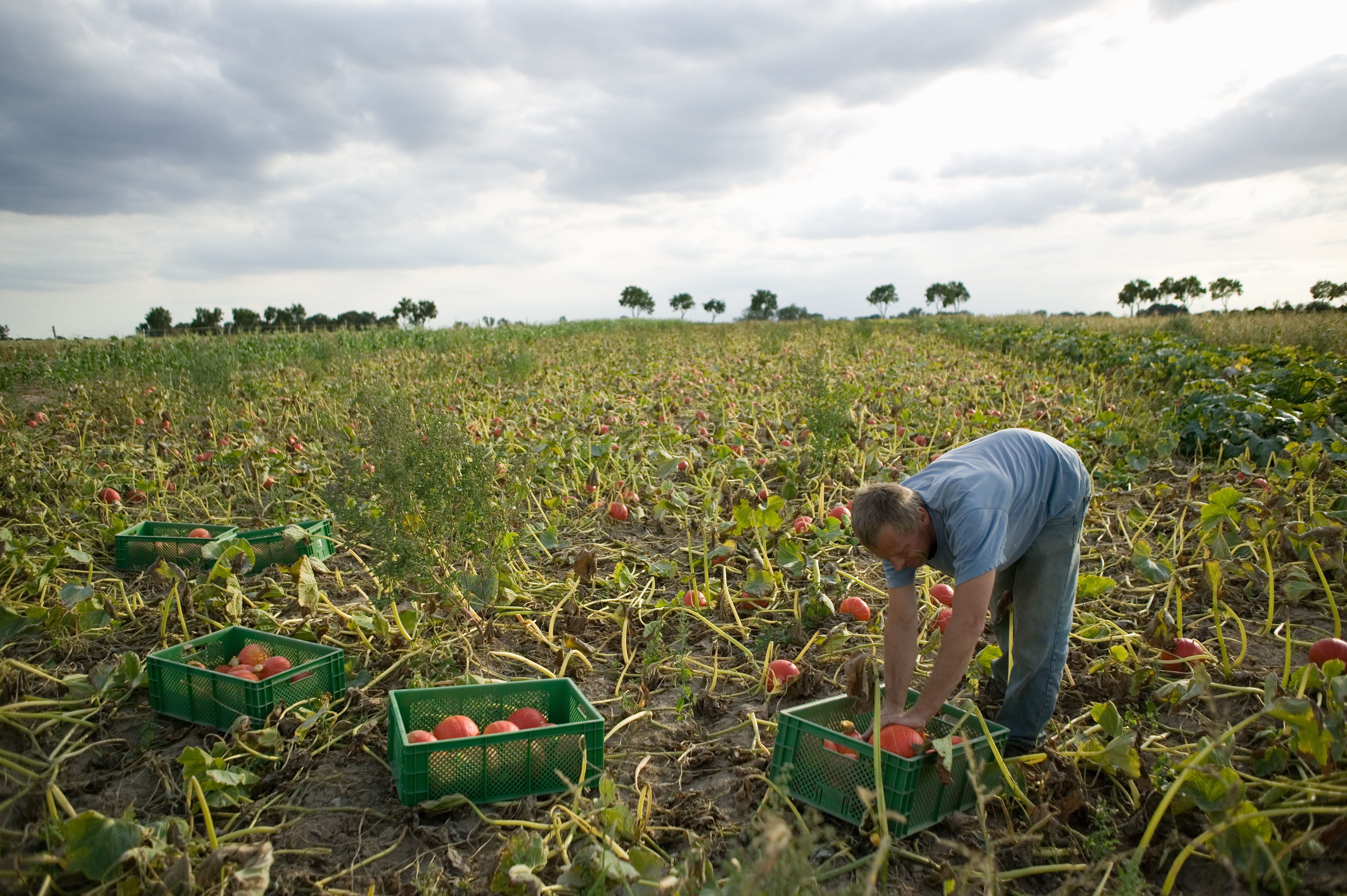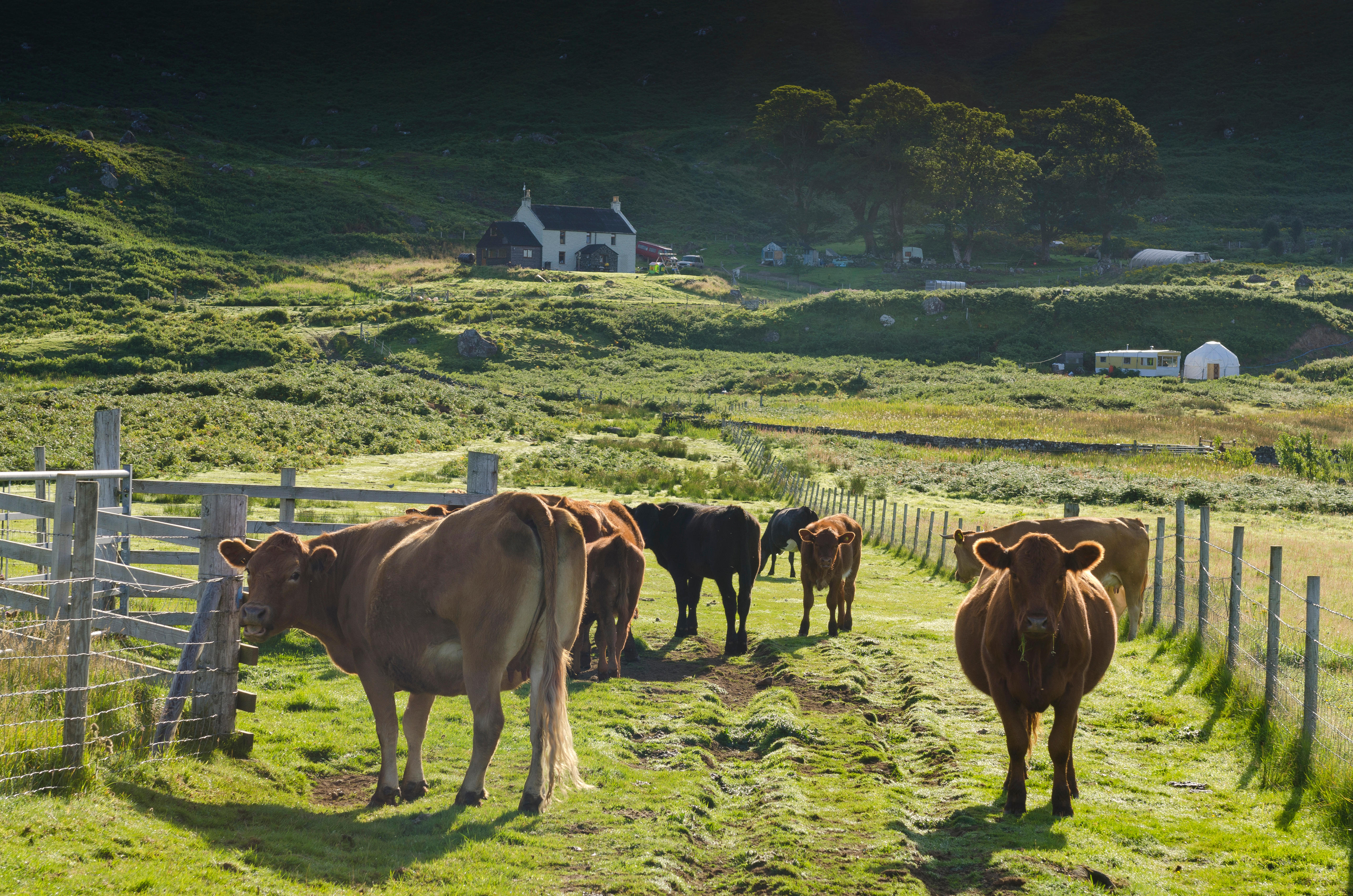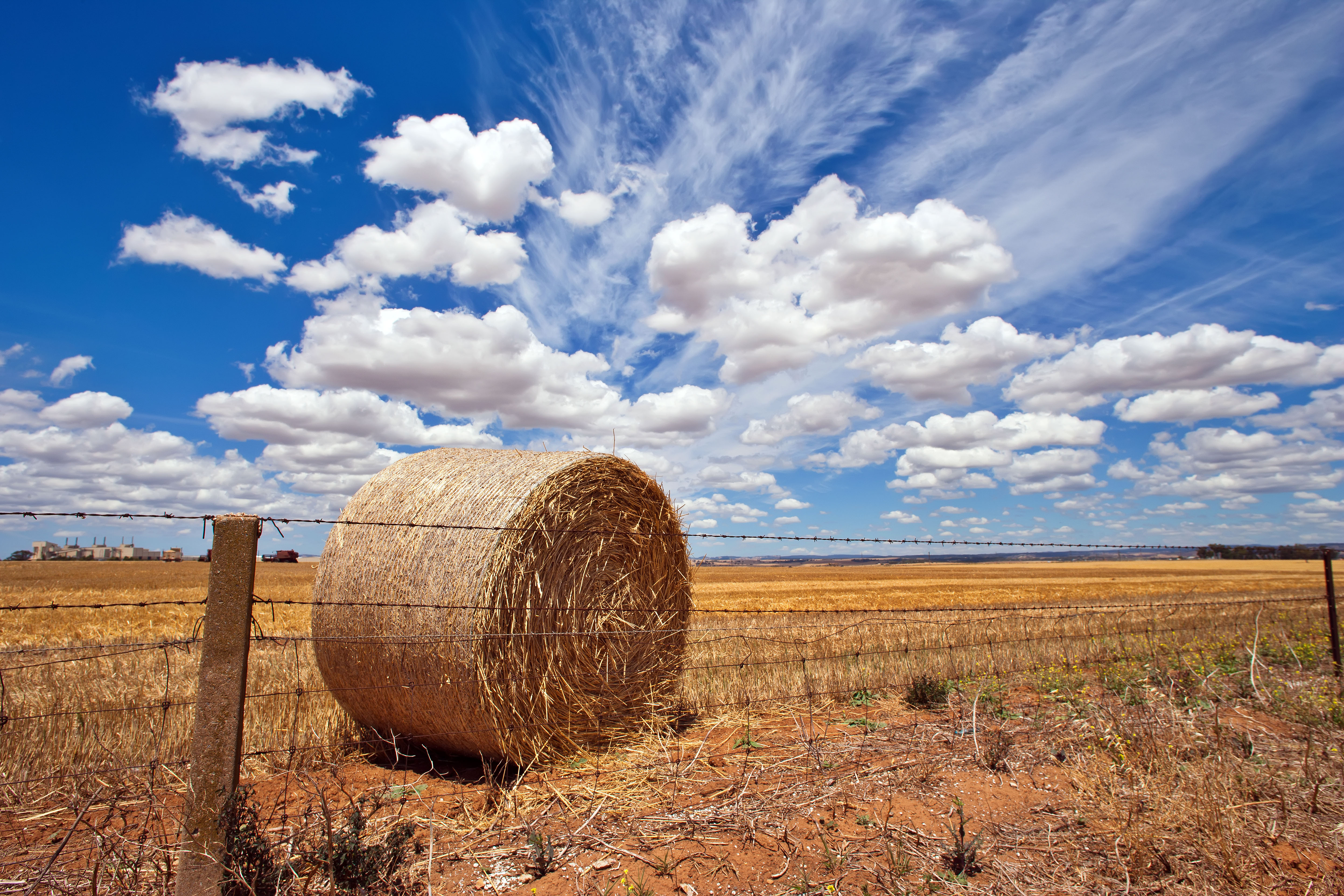'There is real potential here... things we are already doing' — IPCC gets positive about climate change in latest report
We need to eat less meat and more plants if we're to control climate change, according to the IPCC — but there's every reason to think we can make huge, positive changes.

Exquisite houses, the beauty of Nature, and how to get the most from your life, straight to your inbox.
You are now subscribed
Your newsletter sign-up was successful
The Intergovernmental Panel on Climate Change released its latest report on Thursday, focusing on land use. It's sub-title may not be snappy, but is at least exhaustive: it's billed as, 'a special report on climate change, desertification, land degradation, sustainable land management, food security, and greenhouse gas fluxes in terrestrial ecosystems.'
While many IPCC reports in the past have made for gloomy reading, this one offers a measure of real positivity. 'There is real potential here through more sustainable land use, reducing over-consumption and waste of food, eliminating the clearing and burning of forests, preventing over-harvesting of fuelwood, and reducing greenhouse gas emissions,' said the Panmao Zhai, Co-Chair of IPCC Working Group I.
'There are things we are already doing. We are using technologies and good practices, but they do need to be scaled up and used in other suitable places that they are not being used in now.'
That message chimes exactly with John Gummer's brilliant recent article for Country Life on this topic: we know what to do to save the planet, and in many places we're already doing it. We just need to do more of it.

You can't fault the effort that's gone in to the IPCC's homework: it's been written by 107 scientists from 52 countries, who between them have looked at more than 7,000 studies from across the world.
The full report is aimed at the scientifically-minded (or the brave) but the key findings are summarised in the IPCC's press release, which touches on everything from desertification and forestry to 'food resilience' in the face of increasingly-common extreme weather.
Perhaps the scariest fact of all is that 'about one third of food produced is lost or wasted' — a sobering thought in a world where many people still live on the brink of starvation.
Exquisite houses, the beauty of Nature, and how to get the most from your life, straight to your inbox.
There is a positive note, however: agriculture and forestry account for 23% of greenhouse gas emissions, the report says, adding that, 'natural land processes absorb carbon dioxide equivalent to almost a third of carbon dioxide emissions from fossil fuels and industry.' By changing how we use land to lower the former figure and increase the latter, things can change for the better. Swapping meat and dairy for more plant-based diets can play a major part in that.

'Some dietary choices require more land and water, and cause more emissions of heat-trapping gases than others,' said Debra Roberts, Co-Chair of IPCC Working Group II.
'Balanced diets featuring plant-based foods, such as coarse grains, legumes, fruits and vegetables, and animal-sourced food produced sustainably in low greenhouse gas emission systems, present major opportunities for adaptation to and limiting climate change,' she added.
As for the idea of planting billions of trees to combat climate change, which has been put forward of late? It's a nice idea but will never be more than a part of the solution: the land needed to grow food for a rising world population can't then be used for afforestation, and the fact that 'it takes time for trees and soils to store carbon effectively' is also an issue.

A message of hope: ‘Humanity may be on course to destroy the planet, but we know how to stop it, we can afford to stop it and we have the technology to stop it’
We know we’ve caused global warming, but we can stop making it worse, says John Gummer, chair of the Climate
Toby Keel is Country Life's Digital Director, and has been running the website and social media channels since 2016. A former sports journalist, he writes about property, cars, lifestyle, travel, nature.

